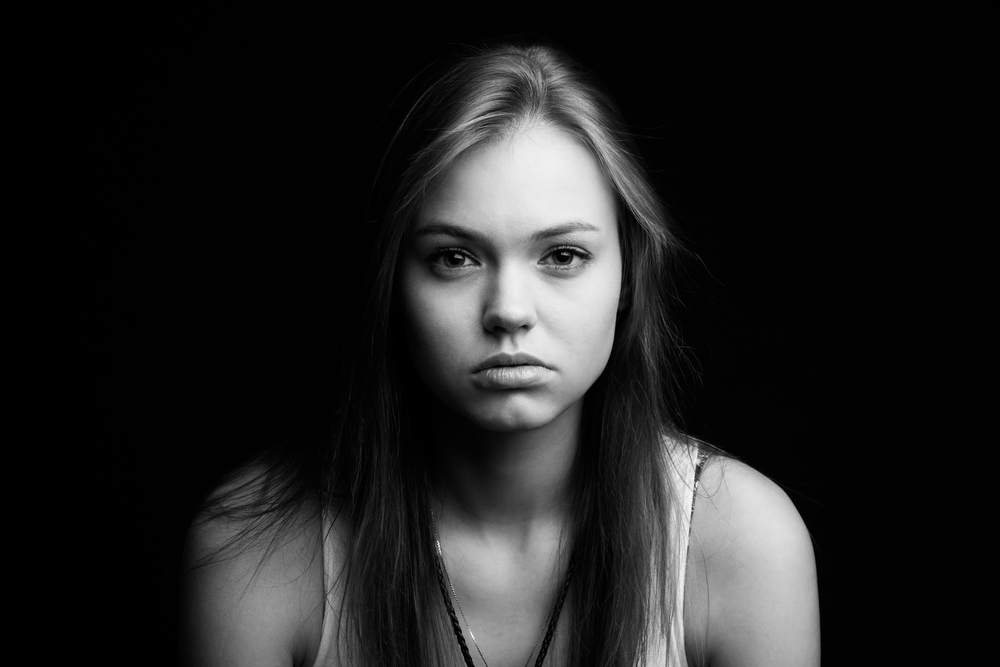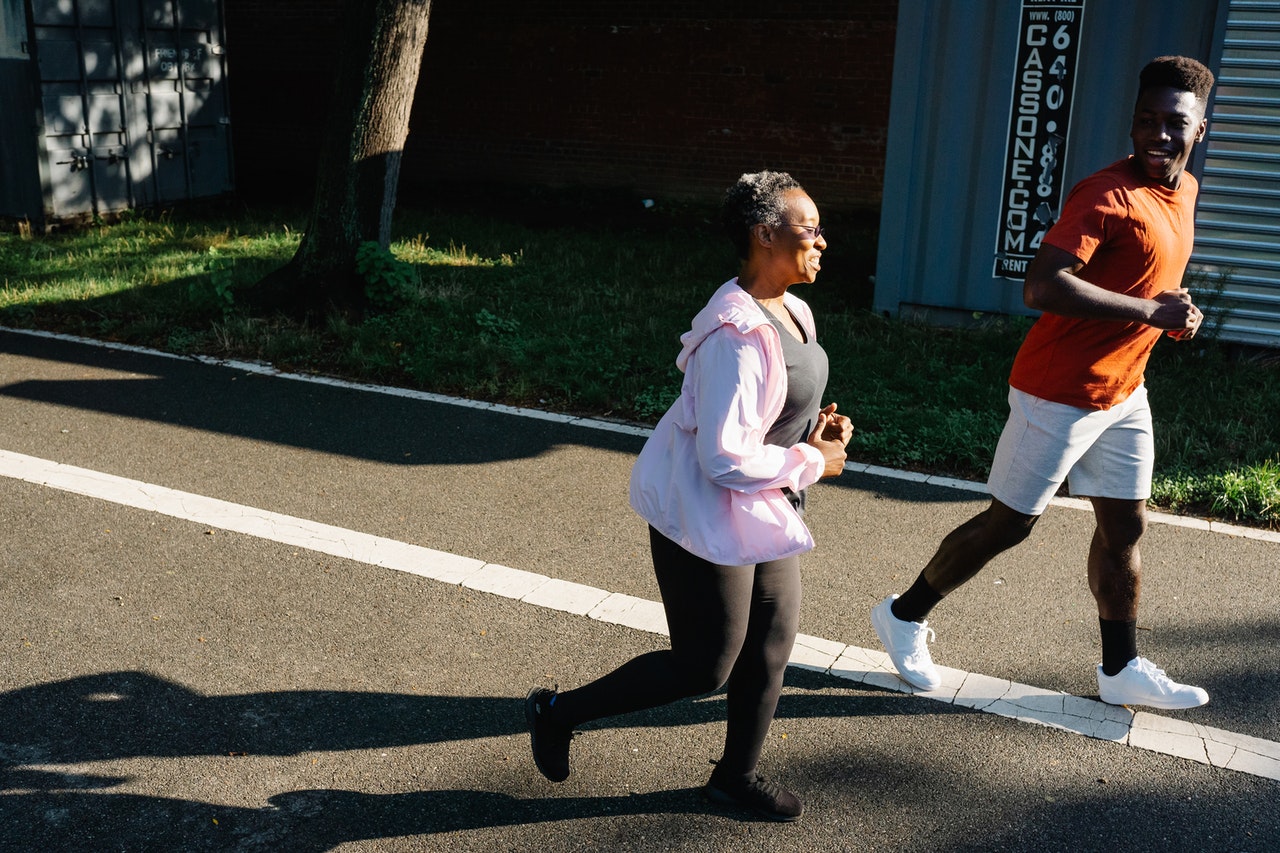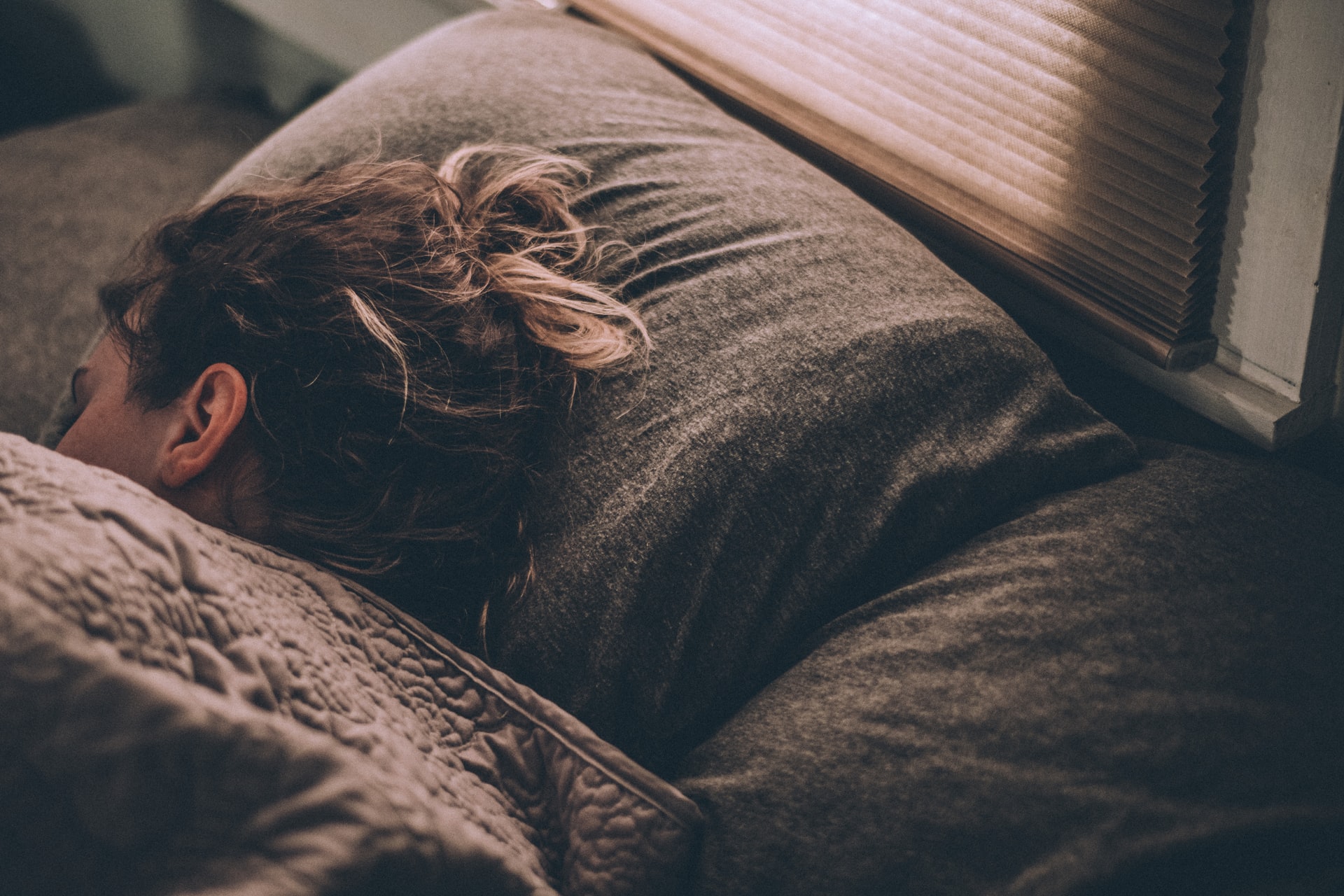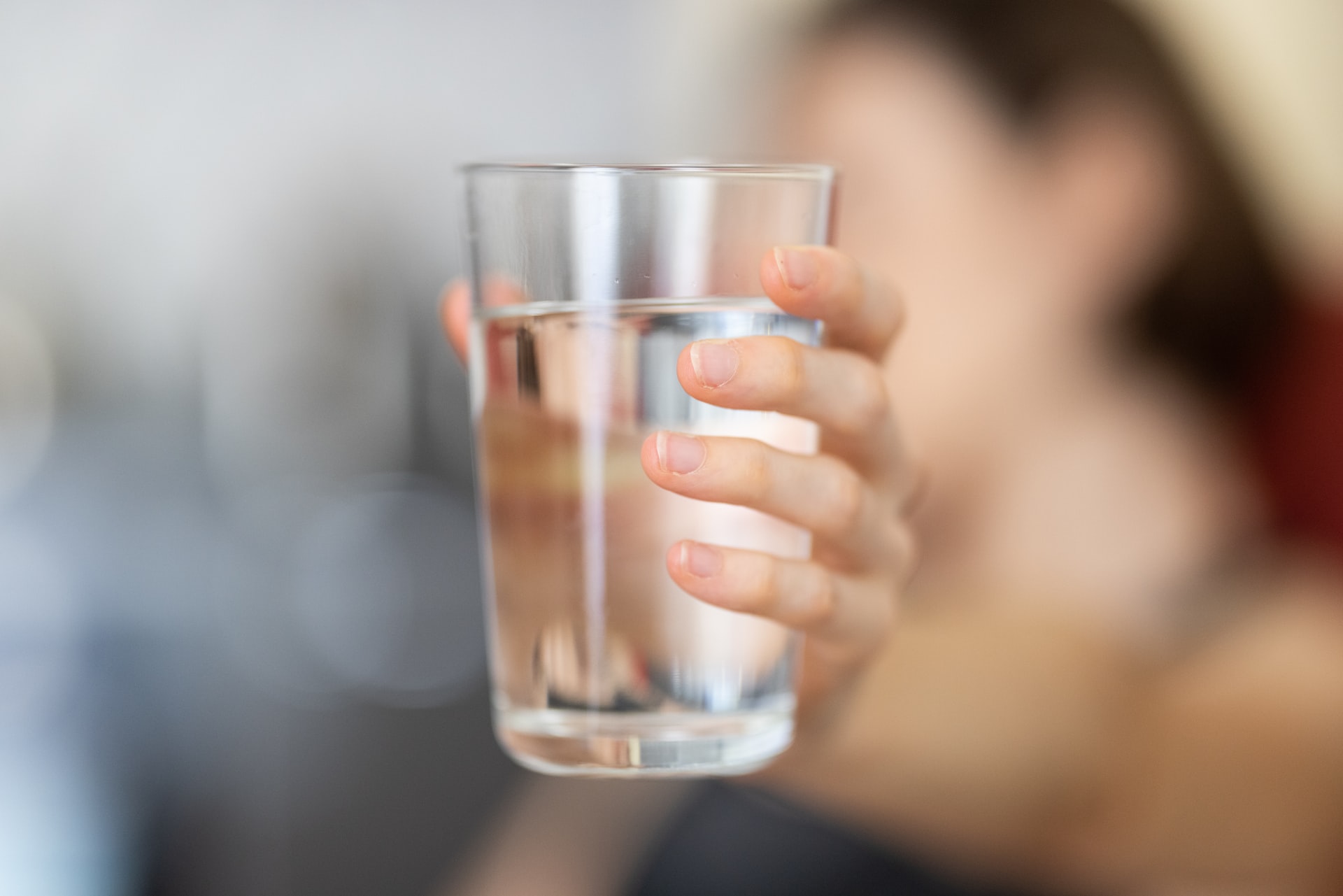Kaitlyn Bristowe Opened Up About Experiencing ‘Hormonal Depression’ — What Is That?


Kaitlyn Bristowe is a TV personality and podcast host with millions of Instagram followers. Her confession that she wanted to “crawl into [her] own bed and cry” in a recent post was an eye-opener about a very real and common issue – hormonal depression. The host let followers know she struggles with mental health issues related to her period. This has many women wondering about hormonal depression and realizing it could be something affecting their mental health. (1)
Hormonal Depression And Hormonal Imbalance
“Hormonal depression” is not an actual medical term or diagnosis. However, hearing the term might trigger a reaction in women of all ages who face the struggles of severe mood swings they experience around their periods each month. According to Poonam Desai, D.O., a physician board certified in lifestyle medicine and emergency medicine, estrogen, progesterone, and testosterone contribute to a woman’s emotions. As a result an imbalance in these hormones has the potential to cause depression. (1)
Hormonal Depression And Hormonal Fluctuations
A lot of factors can affect hormonal balance and even slight fluctuations can lead to issues. “Hormone fluctuations can cause a change in serotonin (also known as the happy hormone) which can lead to changes in mood including depressed state and depression,” explains Dr. Desai. Research has also shown stress can increase production of the hormone cortisol. When this happens it can decrease estrogen levels resulting in the mood swings many women experience prior to their periods. (1,2)
Hormonal Depression And PMS
Premenstrual syndrome (PMS) can cause emotions to be all over the place from feelings of irritability to moodiness, but also feelings of deep sadness. In cases of hormonal depression however, those moods and feelings of sadness become more pronounced. Although the changes in mood might occur prior to the period, it does not necessarily mean this is the cause, as there are too many other possible causes for hormonal imbalance. (1)
Hormonal Depression And PMDD
Another issue during the period cycle is premenstrual dysphoric disorder (PMDD), an official mental health condition, and a more severe form of PMS. It typically occurs about a week or two prior to the arrival of the period causing much more extreme feelings of depression and irritability and for many a sense of hopelessness and thoughts of suicide. “Symptoms of PMDD can be so severe that they can affect daily tasks and can affect one’s ability to function at home, work, and/or in relationships,” warns Dr. Desai. Although the causes aren’t known for PMS and PMDD, research suggests it could be related to those hormone fluctuations.
Hormonal Depression And Treatments
Although hormonal depression isn’t a diagnosed condition, if you suffer from PMS and PMDD symptoms there are treatments available. You can discuss your symptoms with a medical professional who can determine whether you have PMS and PMDD. Treatments include oral contraceptives and antidepressants. However, lifestyle changes can also help reduce symptoms including: (1)
- Regular exercise
- Decreasing caffeine and alcohol consumption
- Improved sleep
- Managing stress through mindfulness, yoga, etc.
- Quitting smoking
You can read more about how hormones affect your overall health here.
Sources:
- https://news.yahoo.com/kaitlyn-bristowe-opened-experiencing-hormonal-174446644.html?
- https://www.ncbi.nlm.nih.gov/pmc/articles/PMC5498122/









